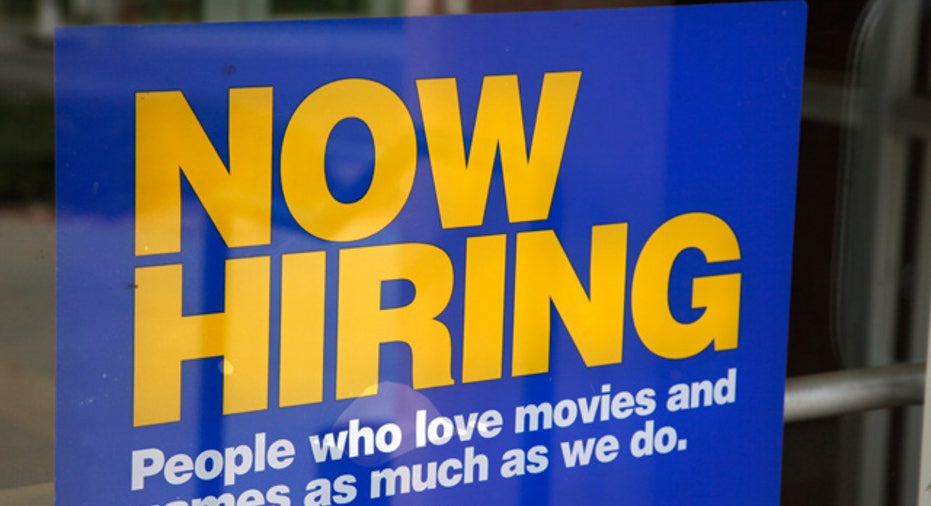When to Hire a Contractor vs. Full-Time Employee

The other day, a young man wandered into our office. Turns out, he was an avid customer who decided to see for himself where “the magic happens.”
He got a brief tour of the office space, but came to a dead stop when he heard how many people work at oDesk. He was stunned that 38 full-time employees manage to run a business that impacts more than 750,000 contractors and 220,000 employers from around the world every day.
When he asked how we did it, the answer was simple: we eat our own steak. As a global employment platform, oDesk enables companies to hire, manage and pay a flexible online workforce. Our 38 employees can - at any moment - have the skills and productivity closer to those of a team of 138 full-time workers.
So, the next question naturally becomes: How do you decide when to hire employees and when to hire contractors?
The answer isn’t as simple as it once was.
Today’s labor economy is more transparent, flat, competitive, and on-demand than ever before.
Widespread Internet adoption has created easy access to a variety of talented workers in far-flung locations. The old belief that online contract work needs to be a fixed-price and short-term engagement is evolving into new models of long-term, time-based work, creating greater levels of visibility, accountability and collaboration throughout the employer-contractor relationship.
This trend is pushing more and more complex work online - in the past year alone, demand for project management skills jumped 70%, according to a recent Online Employment Report.
Positions formerly reserved for in-house employees can often be done faster and more effectively with qualified remote contractors. The traditional concepts used to determine when to hire in-house and when to contract work out have become outdated.
When we’re trying to fill a role in our own business, here are a few simple rules we use to decide whether a contract worker should fill the position:
High-Speed Need
If you need work done fast, spending a long recruiting cycle for a full-time employee simply stalls forward progress - a killer for any small business.
When hiring a contractor, you’ll likely move more quickly through the entire process (from job posting, to candidate review, to interview, to hiring) within a matter of hours or days, not weeks.
If you know exactly what you need to get done, and can tap into a global talent pool, suddenly "needing it done yesterday" doesn’t seem impossible.
Flexible Terms
Not certain how big the project will be, or how long you’ll want someone in this position? A contractor is your best bet.
Contractors allow you to keep your business nimble and flexible, and you can scale your team up and down based on how much work needs to be done. If trying to narrow down a spec for the work seems limiting to you, arrange the contract on an hourly basis. This will allow you to tap into the contractor’s skills without renegotiating for “feature creep” or each project adjustment.On-Call Expertise
As a small business, you may not need a person to fill every seat at your table every single day.
Getting ready to launch a new product? Consult a PR pro.
Need a logo and basic Web site design? Grab a graphic designer.
As your business needs grow and change, you’ll find plenty of examples of short-term problems needing specific expertise that is beyond your in-house team’s abilities. Contractors fit the bill to nab an expert only when you need one.
Still unsure about whether to hire or contract? Check out the oDesk blog for guidance on hiring and managing remote work relationships, including a recent post about hiring right the first time.
Gary Swart is the CEO of oDesk. Gary brings to oDesk a passion for helping small businesses succeed and more than 17 years of experience in the enterprise software market. Prior to oDesk, as the VP of Worldwide Sales for Intellibank, he was responsible for building the sales organization, but Gary’s enthusiasm for small businesses was born during his tenure as a Business Unit Executive for IBM’s Rational Software Product Group, where he led Small and Medium Business sales for the Americas. Gary came to Rational through its merger with Pure Software, where he held sales, management and leadership positions. Gary holds a Bachelor of Science degree in Business Administration from the University of Maryland.



















